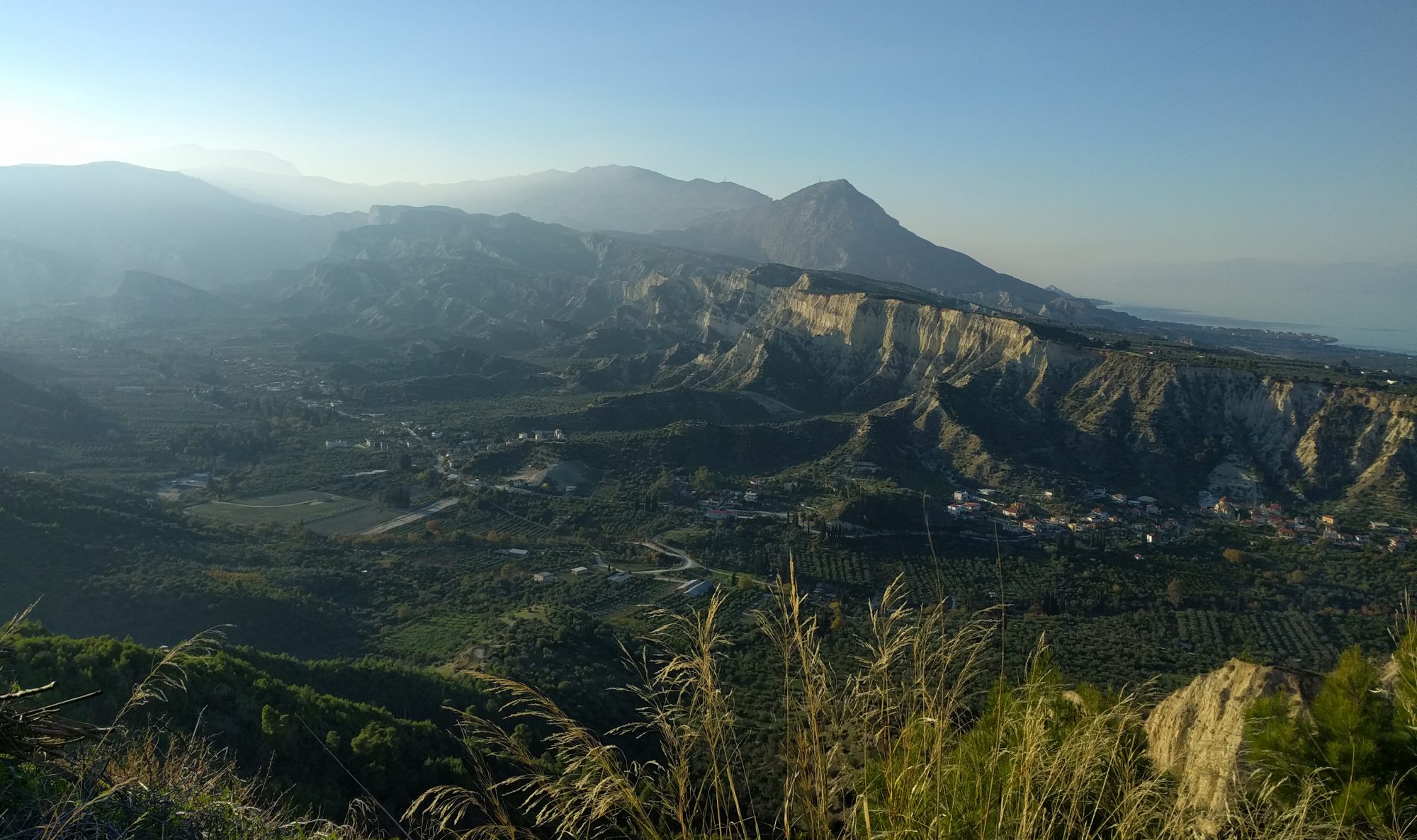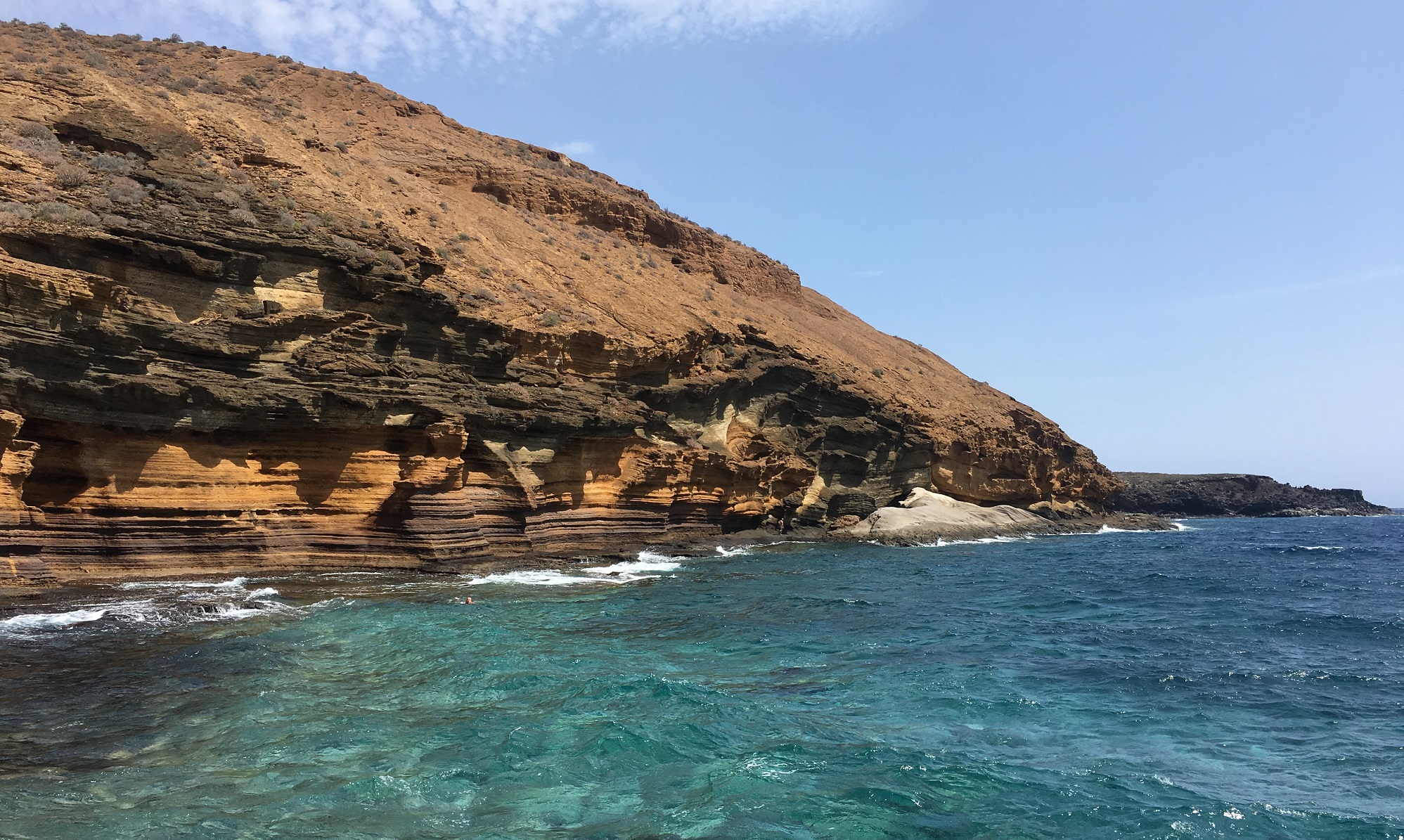This summer I was lucky enough to complete an internship in Environmental Consultancy with Mott MacDonald followed by a Hydrology Field Training Programme run by GeoTenerife. As a geologist, it can be hard to see how an Earth Sciences degree can be directly used outside of academia or the traditional field of Oil and Gas: the internship and training programme seemed a good way to explore alternative options.
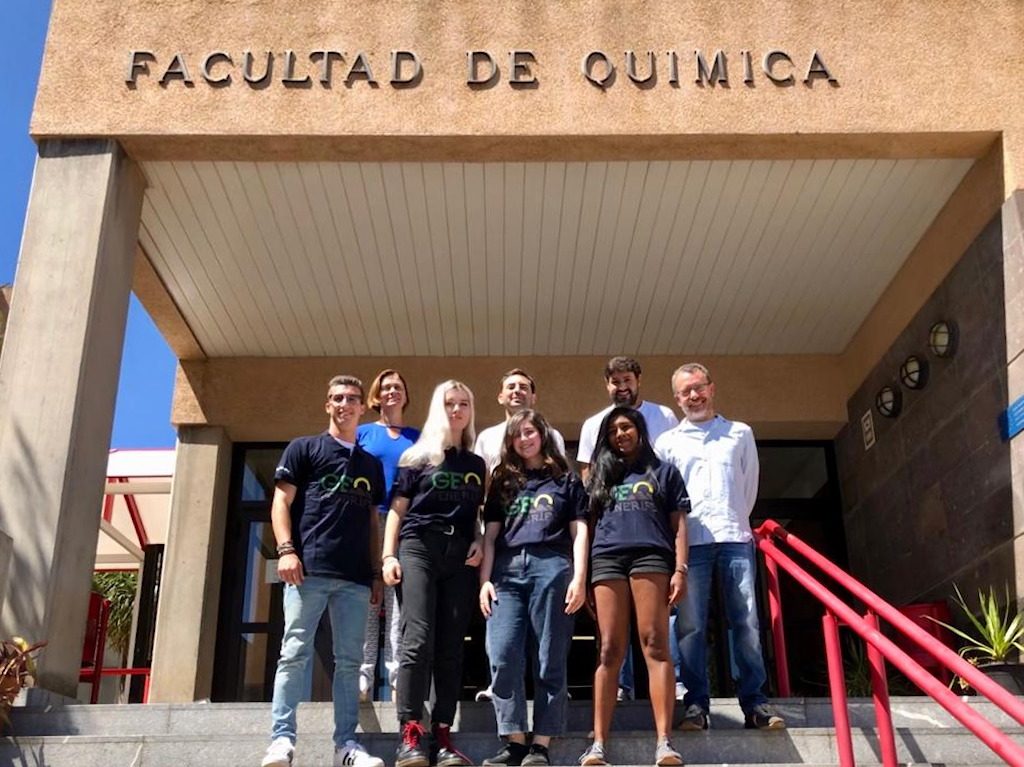
For my first 6 weeks with Mott MacDonald in Cambridge, I joined the Contaminated Land team. Although this doesn’t sound glamourous, it’s an essential job on any construction project. The majority of my time was spent on a risk assessment for planned upgrades to the M27 which involved creating a cross section using both BGS maps available online, and a range of borehole logs. It is important to understand the local geological structure, as the region is underlain by the Chalk group, a major aquifer which is the local drinking water source. We were investigating if planned construction could introduce contaminants to the aquifer and how best to mitigate the risks. All this work is essential to safeguard the water quality, and to convince the Environment Agency that any risks can be managed.
Following this, I worked with the Water Resources team on local and international projects, based on injection of treated river/wastewater into local and regional aquifers to help keep up with water demand and combat water scarcity in the future. This involved geochemical modelling to view the effects of mixing of waters and to check for the precipitation of dangerous minerals such as Arsenic.
The importance of understanding the structure and properties of the local geology and how it relates to the groundwater was a practical application of geology I had not considered, yet seems increasingly important considering the rising global demand for clean water.
The internship was not without its perks; scavenger hunts, charity cricket matches and cake Fridays were all great ways to meet new people and enjoy summer in Cambridge!
After a short break, I flew out to Tenerife for the Hydrology Field Training Programme run by GeoTenerife which focused on the methods used to source and treat water. Tenerife is an interesting island to study this dynamic due to the scarcity of clean groundwater and the history of its cultivation.
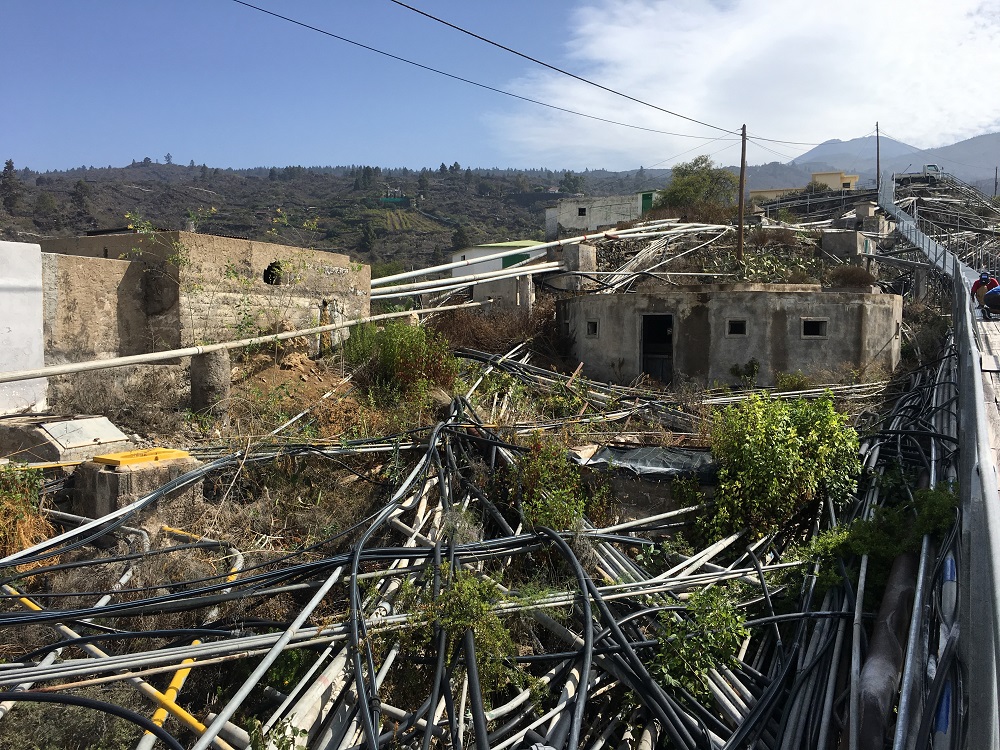
Old water galleries were dug into Mount Teide (actually a volcano) to access groundwater in the aquifer. These were and still are private ventures, with many local farmers owning “stocks” in the water galleries, which in turn are used to water the numerous banana plantations around the island. These make for a tropical sight, but one that’s slightly confusing when you consider the high water demand the banana crop requires, contrasting with the rarity of that resource on the island (the reason behind this lies in EU subsidies which probably warrants a whole other blog post!).
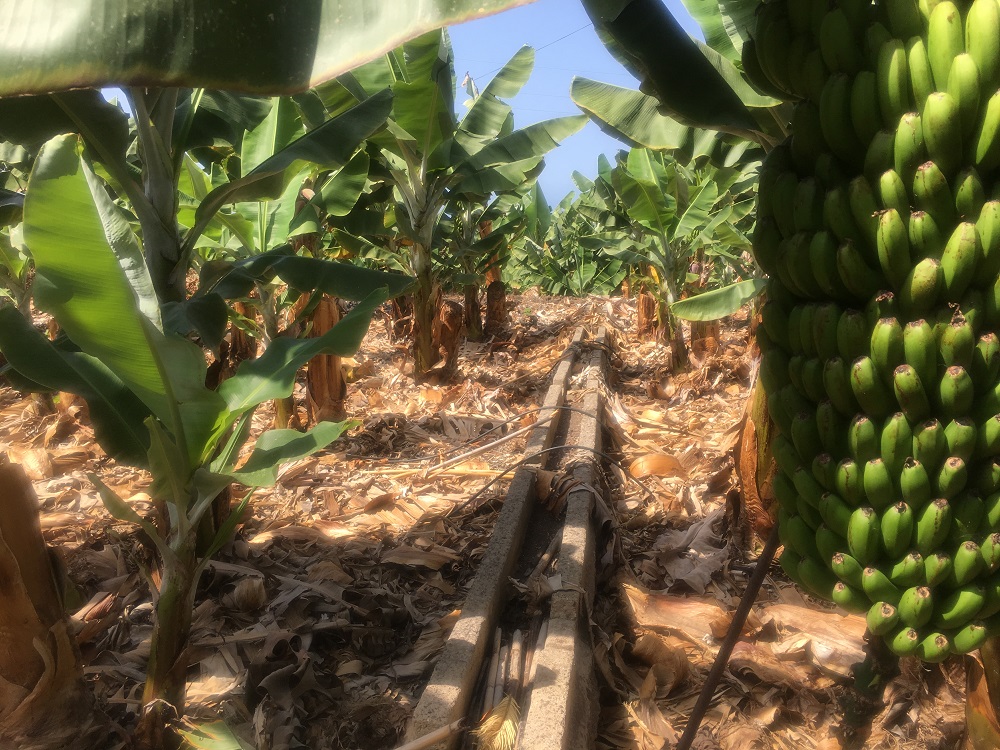
The future of such water galleries is uncertain, with fears of the water quality decreasing, or the galleries drying up completely. In light of this the island has invested in many other methods of water treatment, including desalination plants and wastewater treatment plants, which help treat and supply water for agricultural purposes. I visited many of these facilities to see how they work, and also to analyse their raw and treated waters in the labs of the local university. The efficiency of the treatment is impressive, but I can decisively say that I’ve never smelt anything worse than untreated wastewater!
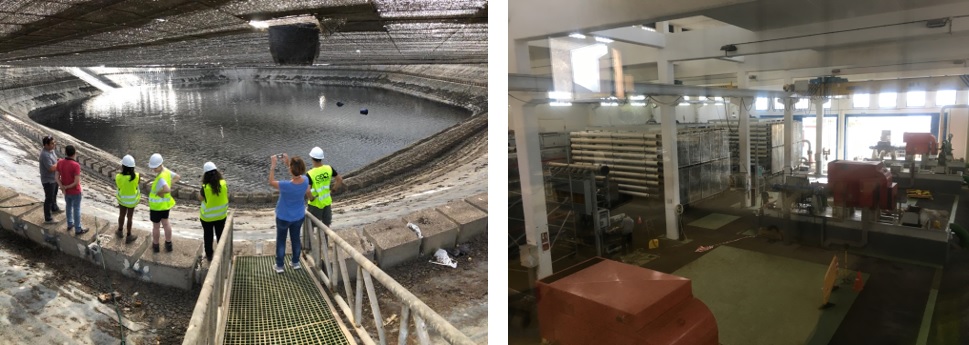
In between the lab work and site visits, I enjoyed plenty of beach time at the impressive black sand beaches dotted around the island! I also got to visit some interesting geological features, including basaltic and felsic stone arches, pahoehoe lava flows, pumice fields, and hiking through a section of the longest lava tube in the world.
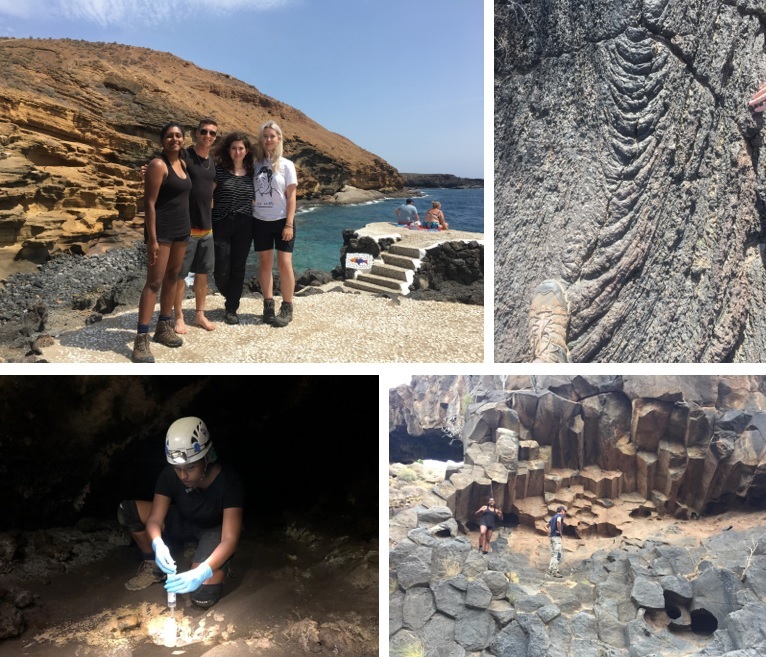
Overall my summer ended up being all-things-water related, with an unexpected happy link between the desk work I undertook in my internship and the field course which gave me practical experience in the sorts of facilities I was writing reports about weeks earlier. The whole summer has given me a newfound appreciation for the work done to ensure that we have clean water and resources, and the geotechnical experience required in the field!
I owe a massive thank you to the amazing people at Mott MacDonald who made the internship so valuable, and the incredibly helpful and friendly staff working at GeoTenerife!
Nikki Sridhar Part III Student
